
1. Kodjin
Kodjin is a healthcare analytics software and solutions company that turns complex health data into structured, decision‑ready insights. With a strong foundation in interoperability and data standardization, Kodjin provides healthcare analytics solution offerings that support clinical, operational and population‑health analytics use‑cases. Their architecture ingests raw EHR, claims, wearable and administrative data, transforms it into standardized formats (including FHIR), and applies a semantic layer to convert data into business‑friendly concepts like “episode of care” or “risk cohort”.
Their tooling also enables conversational analytics (asking questions in plain English) and self‑service dashboards for clinicians and managers. What sets Kodjin apart is its emphasis on readiness: their platform can deploy out‑of‑the‑box, supported by expert services for data mapping, transformation, and analytics model development. For organizations looking to build analytics‑driven cultures in healthcare, Kodjin presents a compelling choice.
2. Health Catalyst
Health Catalyst is a dedicated healthcare analytics platform and service provider focused on enabling hospitals and health systems to operationalize data. They bring together clinical, operational and financial data into a unified platform and then layer analytics models, benchmarking, performance improvement tools and predictive algorithms.
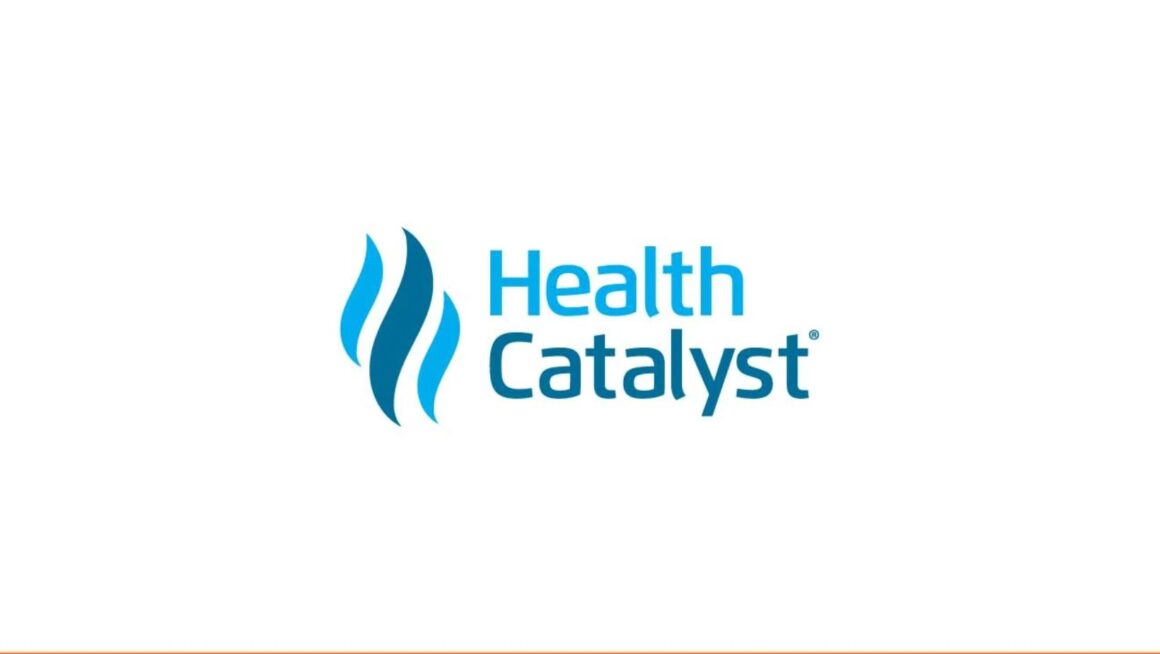
Their analytics library covers care‑gap closure, readmission risk, length‑of‑stay optimization, cost per case, and more. With a strong focus on value‑based care transformation, Health Catalyst helps organizations move from descriptive dashboards to actionable insights that drive measurable outcomes and cost reduction.
3. Innovaccer
Innovaccer offers a “Data Activation Platform” designed for providers, payers and digital‑health organizations. Their approach emphasizes blending disparate data sources—EHR, claims, lab, imaging and SDOH (social determinants of health)—into a longitudinal patient record and then enabling analytics, workflow automation and care‑management tools.
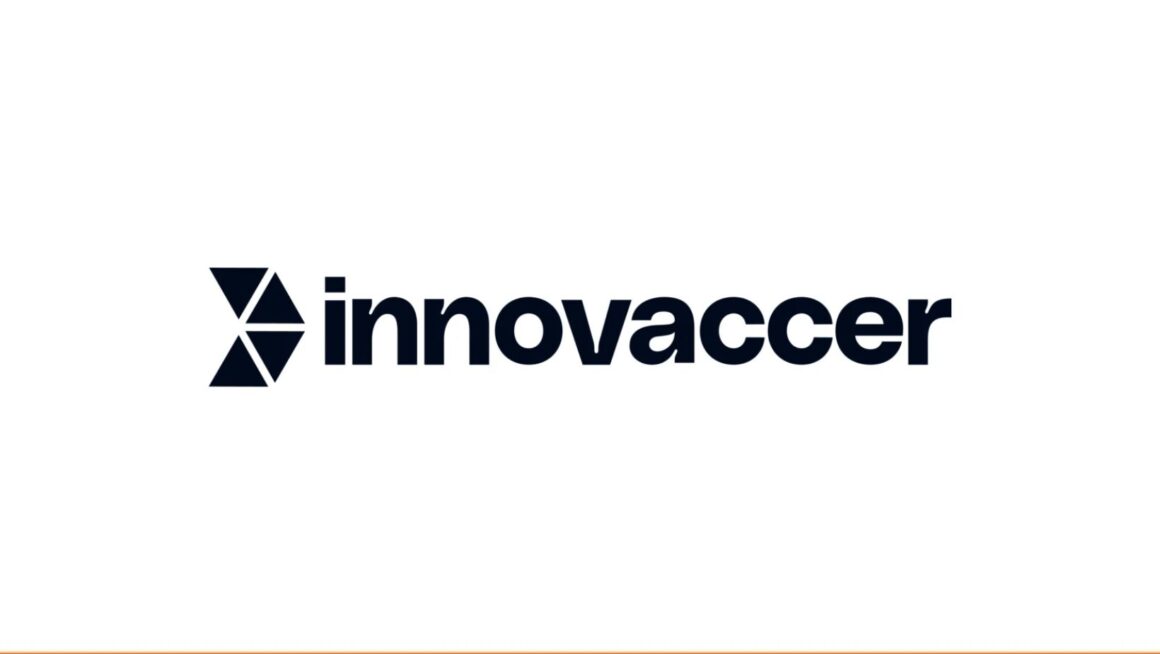
Their analytics capabilities include risk stratification, provider performance scoring, cost forecasting and population segmentation. By embedding analytics into care workflows and offering self‑service tools, Innovaccer makes data actionable for clinical and operational users alike.
4. CitiusTech
CitiusTech is a global healthcare‑technology services firm with strong analytics capabilities. Their healthcare‑analytics services cover data engineering, advanced modeling, machine learning, visualization and platform consulting.
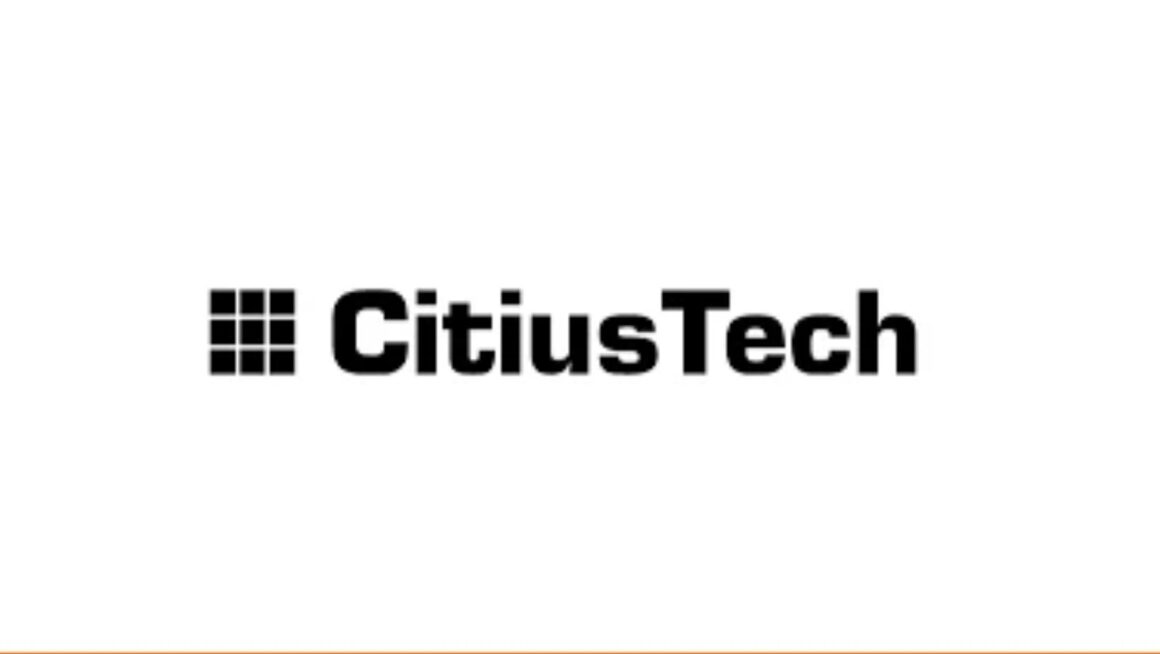
They serve life‑sciences, payers and providers looking to unlock insights from large volumes of data and build analytics platforms aligned with regulatory, operational and clinical objectives. Their domain expertise in healthcare workflows, terminology management and regulatory compliance complements their technical strengths, making them a reliable analytics partner.
5. Merative (formerly IBM Watson Health)
Merative provides data, analytics and AI‑enabled services for health systems, life‑sciences and payers. They build large‑scale data and analytics solutions that tie together clinical, operational, genomic and real‑world evidence data.
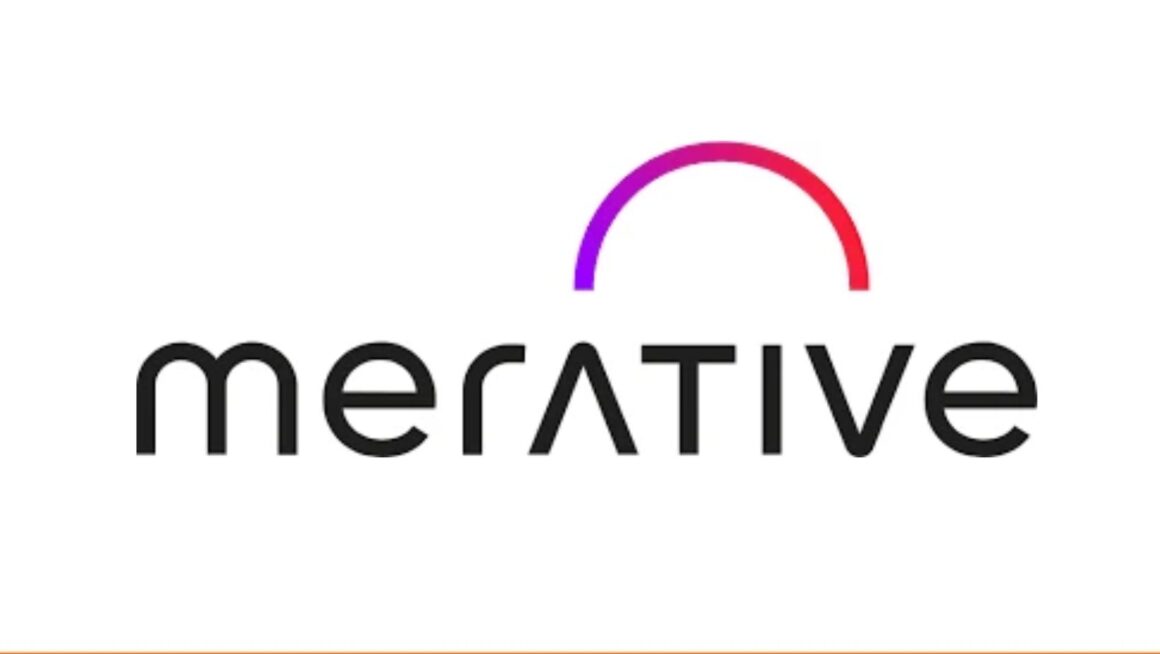
Their platform capabilities support research, real‑world modelling, population health insights and enterprise analytics strategy. Merative’s focus on enterprise‑scale analytics and robust industrial‑grade infrastructure means they’re a strong partner when the analytics need spans multiple care settings, global geographies or large‑volume research use‑cases.
6. Datavant
Datavant is primarily a data‑connectivity and ecosystem analytics company that helps healthcare organizations link, de‑identify and analyze multi‑source data—spanning providers, payers, research institutions and digital‑health vendors.
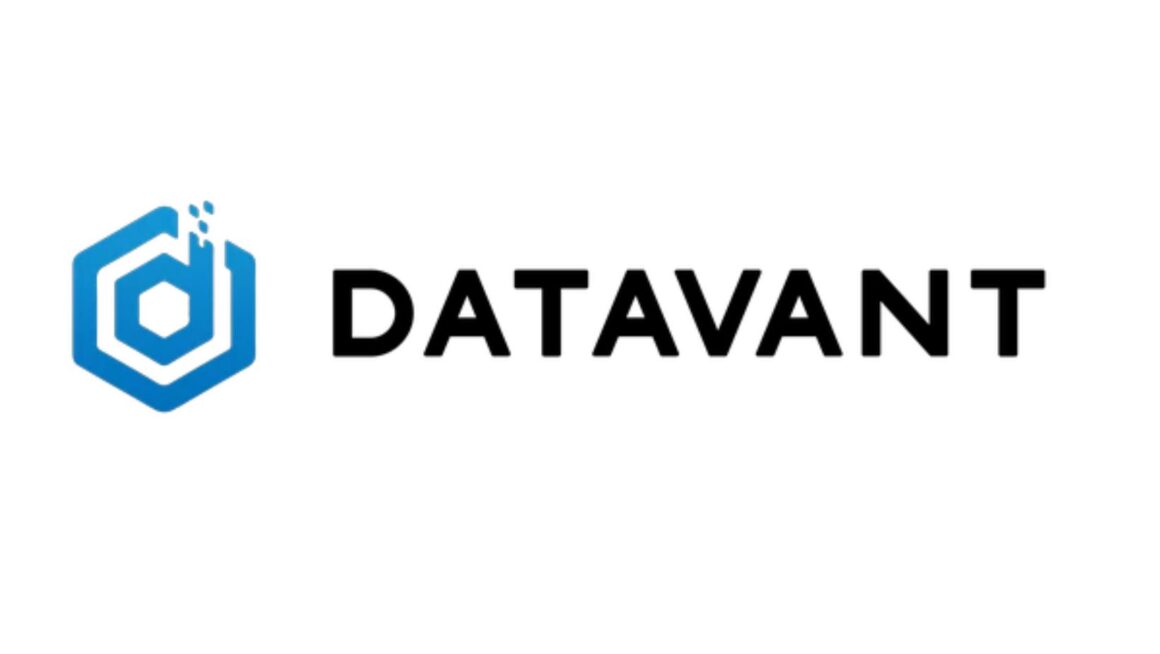
By enabling data integration at a large scale and preparing datasets for analytics use‑cases, Datavant plays a key role in modern analytics value chain—making it possible for advanced analytics to operate on harmonised, longitudinal data. For companies needing comprehensive analytics readiness and cross‑entity insights, Datavant provides a strong foundation.
7. Sophia Genetics
Sophia Genetics is a leader in healthcare analytics for genomics, radiomics and multi‑modal data. Their platform combines imaging, molecular, clinical and outcome data and applies analytics and AI to support precision medicine, diagnostics and research.
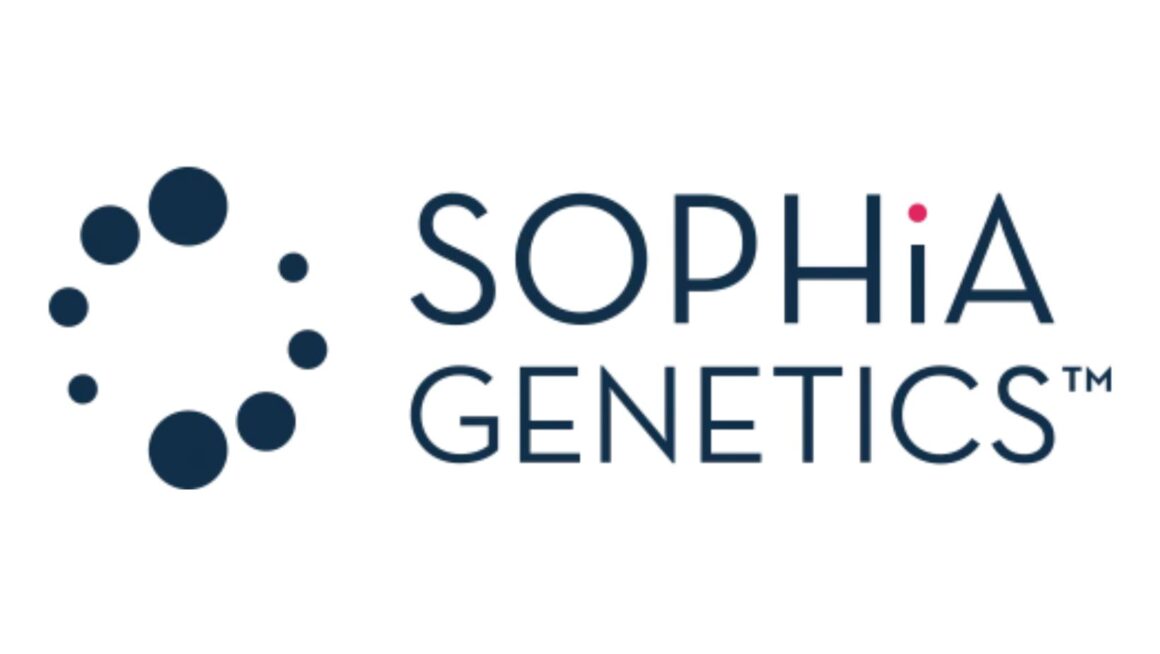
Their data‑driven medicine platform supports hospitals, labs and biopharma firms. While their focus is more niche, their work represents an important segment of the broader healthcare‑analytics field—where deep biomedical data is fused with analytics to move from population care to personalized medicine.
Conclusion
Analytics is no longer an optional add‑on for healthcare organizations—it is a strategic imperative. By integrating, modeling and interpreting data across clinical, operational and population domains, organizations can gain the insights needed to refine care delivery, reduce cost, engage patients and meet regulatory challenges. The companies listed above each bring unique strengths—whether through enterprise analytics platforms, data activation strategies, advanced medical‑data analytics, or interoperable architectures.
Among them, Kodjin stands out for its data‑first architecture, readiness for interoperability and emphasis on delivering actionable insights via its healthcare analytics solution. Whether you’re building a data‑driven care organization, launching a population‑health initiative, or trying to embed predictive insights into your operations, selecting a partner with both technical capability and healthcare domain focus is key. By engaging with a top‑tier analytics provider, your organization is better positioned to turn data into decisions—and decisions into improved outcomes.











